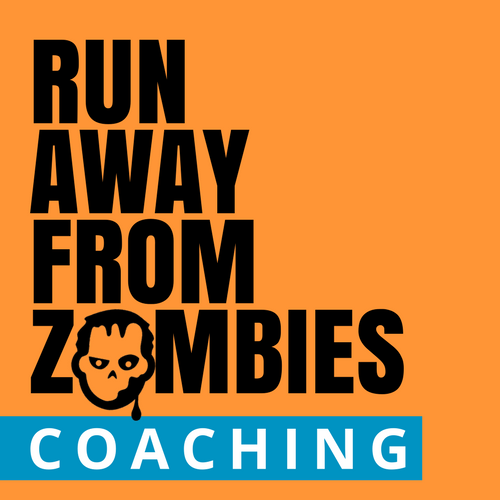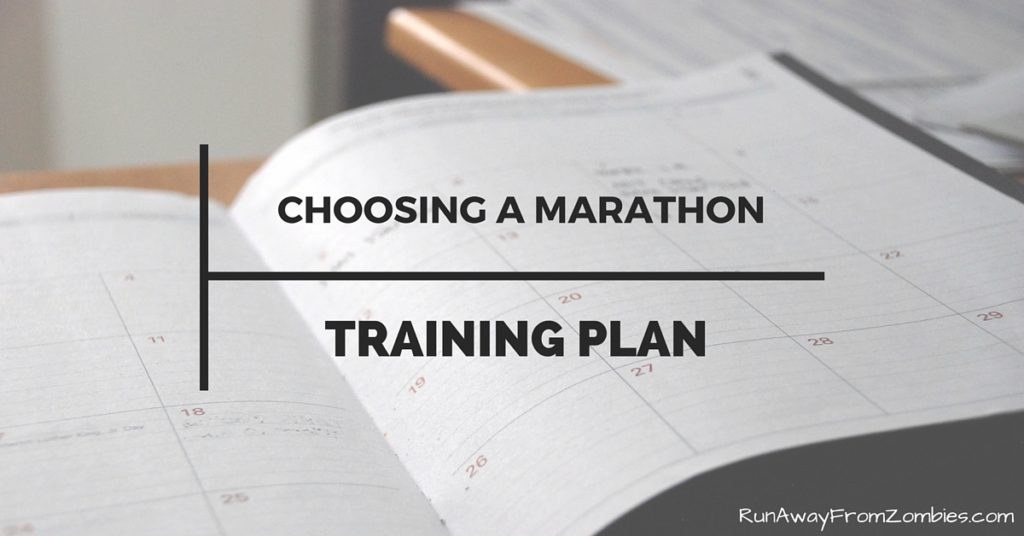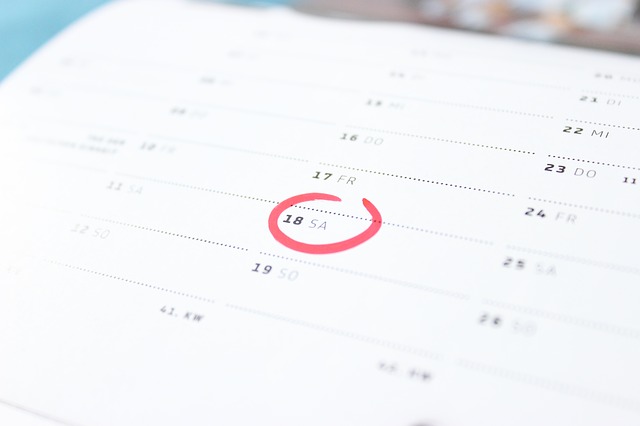So you want to run a marathon, huh? It’s exciting, right? And a little (or a lotta) scary. I’d highly recommend a training plan. First, coaches know what a typical body needs to get across a marathon finish line. Second, I can’t imagine tackling something so big and performing well without a plan. Read further to learn how to choose a marathon training plan.
How to Choose a Marathon Training Plan
1. Read and compare several plans
Pull them up online in different tabs in your browser. Read about them. Compare them. Some plans are free online and others are not. Paid plans typically contain more information and guidance. There are plans where you can input fields to customize the plan. If you’re a super-serious, big data sort of person fellrnr.com did a comprehensive comparison of the most popular marathon training programs.
2. How many weeks until the marathon?
Plans run from 14 to 30 weeks long. If you have a specific amount of time left, you shouldn’t necessarily chuck out plans that are longer. Look at the first few weeks and see if your current mileage surpasses that. If so, you can skip those weeks.
There are several factors to take into account when choosing a marathon training program based on length. Check out Jenny Hadfield’s thoughts on different program lengths.
3. Look at the key workouts
Almost all of them will have long runs. But what about pace runs? Hill workouts? Tempo runs? Have you done these types of runs before? While it is important to try new things and push yourself, you don’t want to TRY ALL THE THINGS while ramping up mileage. You won’t get the results you want.
If you’re interested in key workouts, experimenting outside of marathon training is typically safer. I practiced tempo runs, interval speedwork, and running 5 days a week during this year’s off-season. I can look at training plans that include those elements more confidently now, because I know what it entails.
4. Compare current fitness, initial mileage, and frequency
Look at the first long run. Would the first week be a reach for you? Chuck that plan. It’s not going to serve you.
For newbies, this is the point where you should also be real with yourself. Most plans start at 6 mile long runs. If your running base does not support that you need to extend your marathon outlook to the next season. Please do not jump from occasional runner into a marathon training plan. Pick a marathon further out and make a plan to build a solid mileage base.
How many days a week do you run? Does it ask for 5 days of running, and you run 3? Maybe find a plan that is 3-4 days of running.
Have you ever run a 20 mile long run before? No? Then you probably only need one of those in your training program (not three!). Remember typical marathoners do not need to run 26.2 miles in training. 20 is enough. You will finish the last 6.2 miles with your strength, your guts, and your training backing you.
5. Consider a back-up plan
As you read and compare programs and different levels of programs, also consider what would make a good back-up plan. While I hope things do not go south for you, it is calming to know how to adapt if your plan goes awry. Otherwise, you may drop everything in a panic.
A longer training plan can have more leeway for sickness, vacation, and life. A plan with slightly lower mileage can mean the difference between burnout + giving up and crossing your first marathon finish line. I’ve dropped from Hal Higdon’s Novice 2 to 1 before. And another time, I beefed up the Novice 2 program.
6. A note for the ambitious
When I’m reaching for a difficult goal, I am tempted to overreach with my training plan. I think, “Man, someone who can do this plan can EASILY reach my goal.” But that is very generic. You need a training plan that works for YOU where YOU are.
Don’t drag your body through a training plan like it’s tied to the bumper of a MACK truck. You may survive, but your body won’t effectively make gains and you may find yourself overcooked at the starting line.
Find a training plan that works for you. Have fun. Get a medal. Send me a picture.
Good luck!
Additionally, you can skip a lot of this prep work by working with me. I create custom-built training plans based on your goals, fitness, and schedules. No more trying to fit yourself into a cookie-cutter plan. Check those out here.
Further reading:
- 10 things to know before your first marathon
- Hal Higdon Marathon Training Novice 2 Review
- No Meat Athlete’s Podcast on marathon training for beginners
- Fellrnr’s Comprehensive comparison of popular marathon plans
- Jenny Hadfield’s How long should my marathon plan be?










I’m not ready to run a marathon yet, but I’m doing my first half in a few months and I’ll have to start looking for a training plan for that. I’ve been worried that I’m not starting a plan soon enough and any plan I choose will be longer than the amount of time I have left before the half. Thank you for the tip that I can skip the first few weeks if my mileage surpasses that – it’ll help a lot time-wise!
Glad it’s helpful. It’s actually important to skip beginning weeks that have significantly less mileage, because you may be de-training.
One thing to pay attention to is key workouts, though. Weeks that have equal mileage but different workouts than you do (like hill repeats or tempo runs) would not be equivalent. Skipping too far into a plan like that could cause problems.
Good luck and let me know which plan you pick!
Good point! I’ll make sure to look at what kind of workouts are in the beginning of the plan.
It’s hard to come by well-informed people about this topic, but you seem like you know what you’re talking about! Thanks